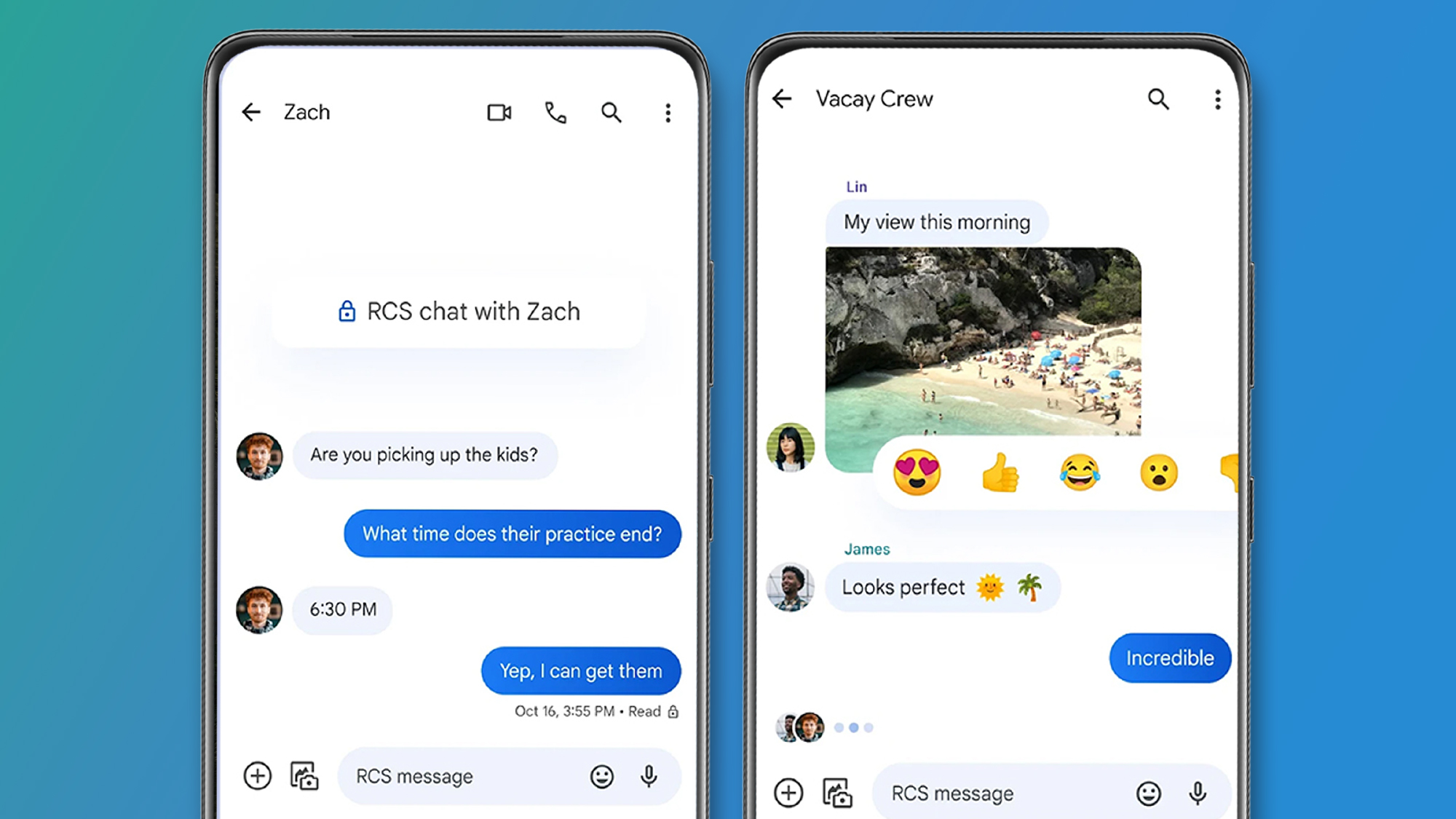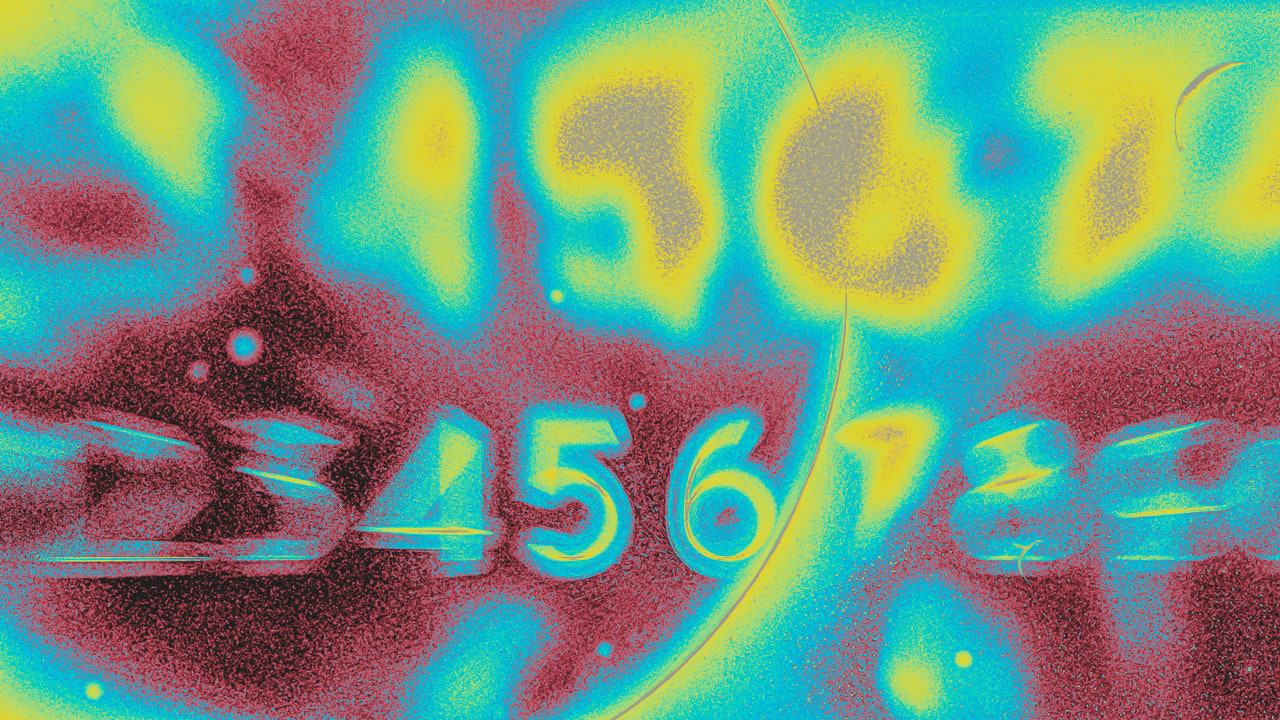Java 24: Unlocking Enhanced Performance and Modern Development Capabilities
Java 24 represents a significant milestone in the evolution of the Java platform, bringing together 24 carefully crafted JDK Enhancement Proposals (JEPs) that enhance performance, security, and developer productivity. Let's explore the major features and their practical implications. Performance Optimizations Java 24 introduces two experimental features designed to boost application performance: Generational Shenandoah Garbage Collector (JEP 404) Implements an experimental generational mode for the Shenandoah GC Maintains compatibility with existing non-generational mode Planned to become the default in future releases Compact Object Headers (JEP 450) Reduces object header size from 96-128 bits to 64 bits on 64-bit architectures Currently disabled by default due to experimental status Inspired by Project Lilliput Security Enhancements Java 24 strengthens security with quantum-resistant cryptography: // Example of Key Derivation Function API (JEP 478) KeyDerivation keyDerivation = KeyDerivation.getInstance("PBKDF2WithHmacSHA256"); KeySpec keySpec = keyDerivation.deriveKey( new PBEParameterSpec(salt, iterationCount), KeyType.AES ); This release implements three significant security features: Key Derivation Function API Quantum-Resistant Module-Lattice-Based Key Encapsulation Mechanism (ML-KEM) Quantum-Resistant Module-Lattice-Based Digital Signature Algorithm (ML-DSA) Developer Experience Improvements The release significantly enhances developer productivity with simpler syntax: // Traditional Hello World public class HelloWorld { public static void main(String[] args) { System.out.println("Hello World!"); } } // New Simplified Version (JEP 495) void main() { println("Hello World!"); } Key improvements include: Simple source files and instance main methods Reduced complexity for beginners (only 1 principle vs 32 previously) Introduction of Learn.java, a dedicated educational resource Modernization Features Several important modernization efforts are part of this release: Stream Gatherers (JEP 485) List employees = List.of( new Employee("John", 30000, "Engineering"), new Employee("Jane", 35000, "Marketing"), new Employee("Bob", 28000, "Engineering") ); try (var gatherer = Stream.gatherer( // Collect engineers Collectors.filtering(e -> e.getDepartment().equals("Engineering"), Collectors.toList()), // Group by department Collectors.groupingBy(Employee::getDepartment), // Calculate total salary Collectors.summingInt(Employee::getSalary) )) { var result = employees.stream().collect(gatherer); List engineers = result.get(0); Map byDepartment = result.get(1); int totalSalary = result.get(2); } This example demonstrates how Stream Gatherers allow multiple collection operations in a single pass through the data, improving efficiency and reducing boilerplate code. Ahead-of-Time Class Loading & Linking (JEP 483) // Traditional loading public class Application { public static void main(String[] args) { // Classes are loaded and linked during runtime Database db = new Database(); Cache cache = new Cache(); } } // Modern approach with AOT loading public class Application { static { System.loadPredefinedClass(Database.class); System.loadPredefinedClass(Cache.class); } public static void main(String[] args) { // Instant startup for predefined classes Database db = new Database(); Cache cache = new Cache(); } } This feature works by monitoring application usage patterns during development and storing optimized class representations for future runs. Vector API (JEP 489) // Traditional array processing double[] prices = {100.0, 200.0, 300.0, 400.0}; double discountFactor = 0.9; // Vector API approach try (var vector = DoubleVector.fromArray(prices, 0)) { var discounted = vector.mul(discountFactor); discounted.intoArray(prices, 0); } The Vector API automatically leverages CPU-specific optimizations, ensuring optimal performance across different architectures without requiring manual optimization efforts. Practical Benefits These modernization features offer several advantages: Performance Improvements Stream Gatherers reduce memory allocation and copying AOT loading eliminates startup overhead Vector API leverages hardware-level parallelism Code Simplification Single-pass operations reduce boilerplate More declarative programming style Better alignment with functional programming principles Development Efficiency Faster prototyping with instant startup Easier parallelization of computations Reduced chance of manual optimization errors
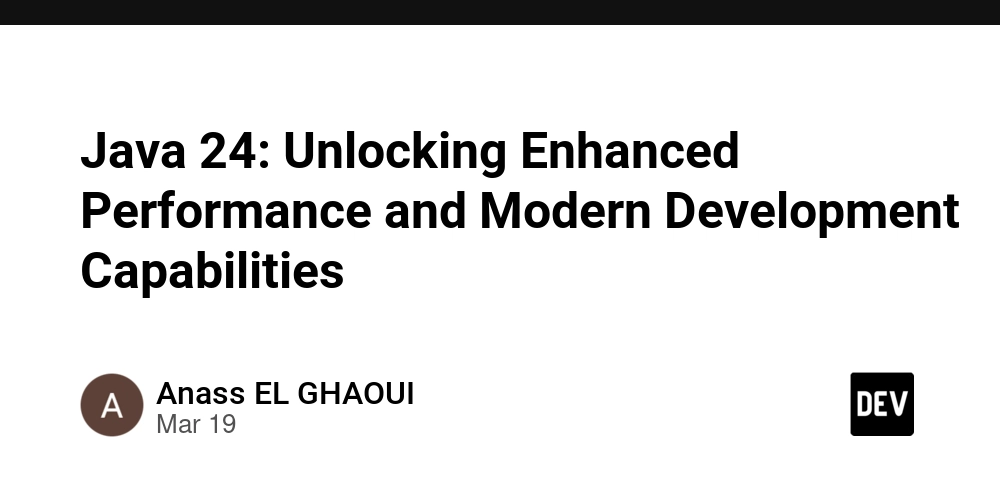
Java 24 represents a significant milestone in the evolution of the Java platform, bringing together 24 carefully crafted JDK Enhancement Proposals (JEPs) that enhance performance, security, and developer productivity. Let's explore the major features and their practical implications.
Performance Optimizations
Java 24 introduces two experimental features designed to boost application performance:
Generational Shenandoah Garbage Collector (JEP 404)
- Implements an experimental generational mode for the Shenandoah GC
- Maintains compatibility with existing non-generational mode
- Planned to become the default in future releases
Compact Object Headers (JEP 450)
- Reduces object header size from 96-128 bits to 64 bits on 64-bit architectures
- Currently disabled by default due to experimental status
- Inspired by Project Lilliput
Security Enhancements
Java 24 strengthens security with quantum-resistant cryptography:
// Example of Key Derivation Function API (JEP 478)
KeyDerivation keyDerivation = KeyDerivation.getInstance("PBKDF2WithHmacSHA256");
KeySpec keySpec = keyDerivation.deriveKey(
new PBEParameterSpec(salt, iterationCount),
KeyType.AES
);
This release implements three significant security features:
- Key Derivation Function API
- Quantum-Resistant Module-Lattice-Based Key Encapsulation Mechanism (ML-KEM)
- Quantum-Resistant Module-Lattice-Based Digital Signature Algorithm (ML-DSA)
Developer Experience Improvements
The release significantly enhances developer productivity with simpler syntax:
// Traditional Hello World
public class HelloWorld {
public static void main(String[] args) {
System.out.println("Hello World!");
}
}
// New Simplified Version (JEP 495)
void main() {
println("Hello World!");
}
Key improvements include:
- Simple source files and instance main methods
- Reduced complexity for beginners (only 1 principle vs 32 previously)
- Introduction of Learn.java, a dedicated educational resource
Modernization Features
Several important modernization efforts are part of this release:
Stream Gatherers (JEP 485)
List<Employee> employees = List.of(
new Employee("John", 30000, "Engineering"),
new Employee("Jane", 35000, "Marketing"),
new Employee("Bob", 28000, "Engineering")
);
try (var gatherer = Stream.gatherer(
// Collect engineers
Collectors.filtering(e ->
e.getDepartment().equals("Engineering"), Collectors.toList()),
// Group by department
Collectors.groupingBy(Employee::getDepartment),
// Calculate total salary
Collectors.summingInt(Employee::getSalary)
)) {
var result = employees.stream().collect(gatherer);
List<Employee> engineers = result.get(0);
Map<String, List<Employee>> byDepartment = result.get(1);
int totalSalary = result.get(2);
}
This example demonstrates how Stream Gatherers allow multiple collection operations in a single pass through the data, improving efficiency and reducing boilerplate code.
Ahead-of-Time Class Loading & Linking (JEP 483)
// Traditional loading
public class Application {
public static void main(String[] args) {
// Classes are loaded and linked during runtime
Database db = new Database();
Cache cache = new Cache();
}
}
// Modern approach with AOT loading
public class Application {
static {
System.loadPredefinedClass(Database.class);
System.loadPredefinedClass(Cache.class);
}
public static void main(String[] args) {
// Instant startup for predefined classes
Database db = new Database();
Cache cache = new Cache();
}
}
This feature works by monitoring application usage patterns during development and storing optimized class representations for future runs.
Vector API (JEP 489)
// Traditional array processing
double[] prices = {100.0, 200.0, 300.0, 400.0};
double discountFactor = 0.9;
// Vector API approach
try (var vector = DoubleVector.fromArray(prices, 0)) {
var discounted = vector.mul(discountFactor);
discounted.intoArray(prices, 0);
}
The Vector API automatically leverages CPU-specific optimizations, ensuring optimal performance across different architectures without requiring manual optimization efforts.
Practical Benefits
These modernization features offer several advantages:
Performance Improvements
- Stream Gatherers reduce memory allocation and copying AOT loading eliminates startup overhead Vector API leverages hardware-level parallelism
Code Simplification
- Single-pass operations reduce boilerplate
- More declarative programming style
- Better alignment with functional programming principles
Development Efficiency
- Faster prototyping with instant startup
- Easier parallelization of computations
- Reduced chance of manual optimization errors







































































































































































![[The AI Show Episode 143]: ChatGPT Revenue Surge, New AGI Timelines, Amazon’s AI Agent, Claude for Education, Model Context Protocol & LLMs Pass the Turing Test](https://www.marketingaiinstitute.com/hubfs/ep%20143%20cover.png)





















































































































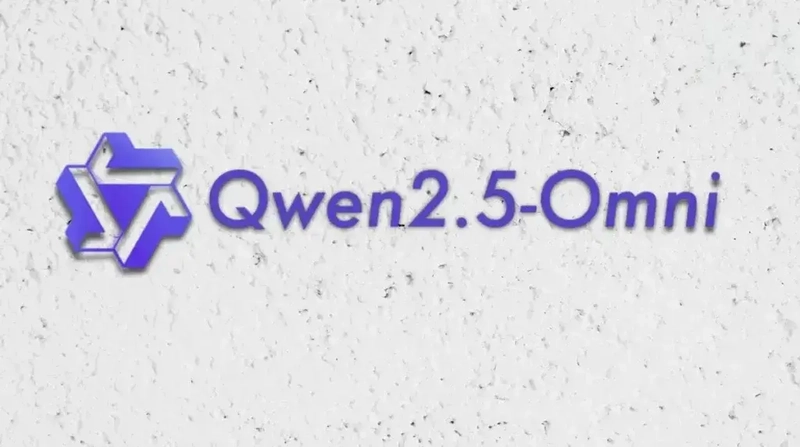











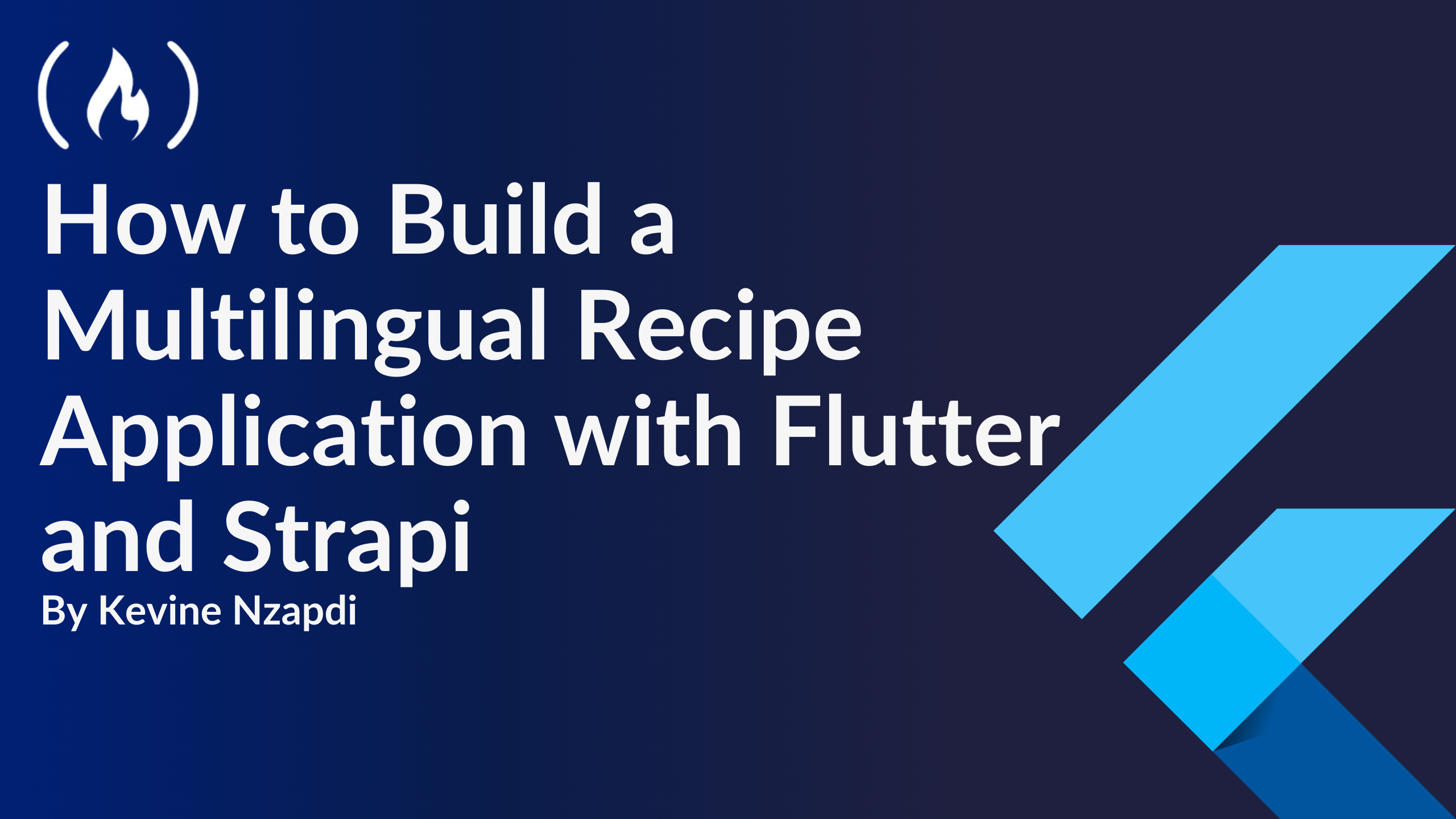


![From drop-out to software architect with Jason Lengstorf [Podcast #167]](https://cdn.hashnode.com/res/hashnode/image/upload/v1743796461357/f3d19cd7-e6f5-4d7c-8bfc-eb974bc8da68.png?#)
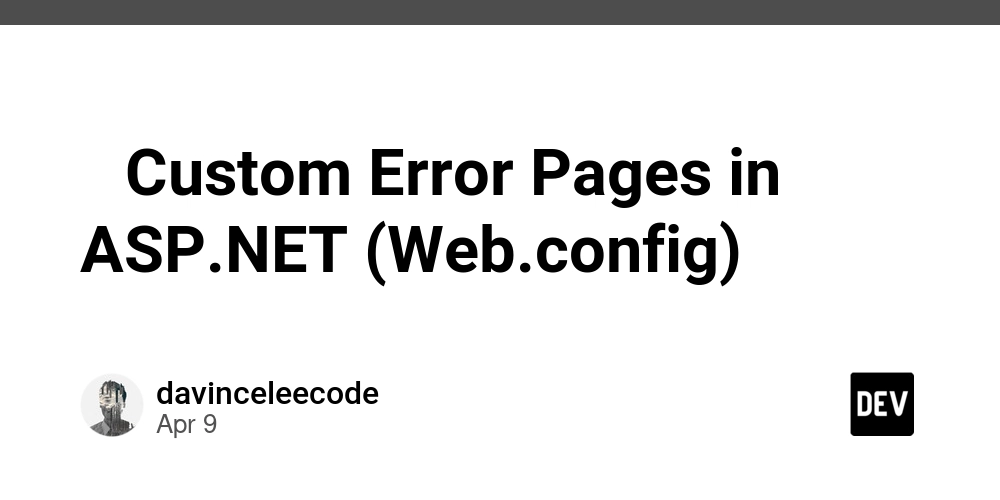

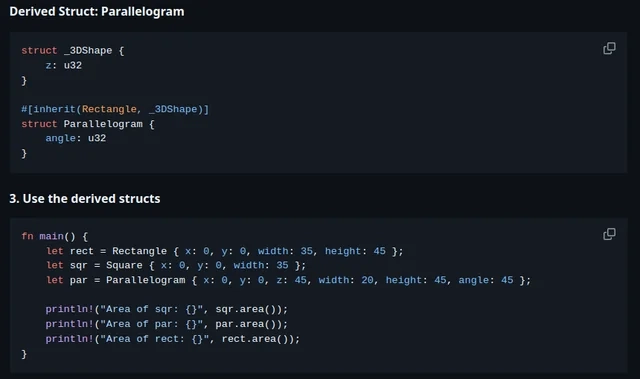







































































































.jpg?#)





.png?width=1920&height=1920&fit=bounds&quality=70&format=jpg&auto=webp#)
























_ArtemisDiana_Alamy.jpg?#)














































































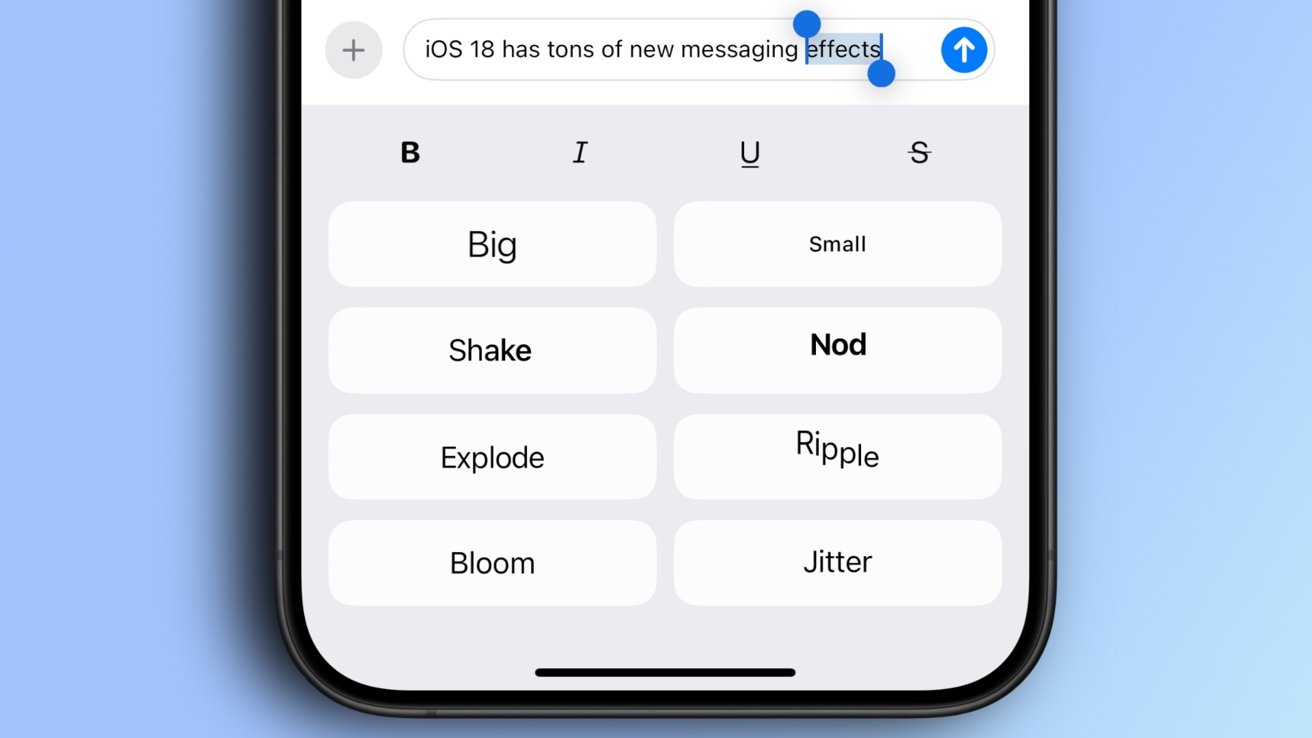
-xl.jpg)













![Yes, the Gemini icon is now bigger and brighter on Android [U]](https://i0.wp.com/9to5google.com/wp-content/uploads/sites/4/2025/02/Gemini-on-Galaxy-S25.jpg?resize=1200%2C628&quality=82&strip=all&ssl=1)












![Apple Rushes Five Planes of iPhones to US Ahead of New Tariffs [Report]](https://www.iclarified.com/images/news/96967/96967/96967-640.jpg)
![Apple Vision Pro 2 Allegedly in Production Ahead of 2025 Launch [Rumor]](https://www.iclarified.com/images/news/96965/96965/96965-640.jpg)

















